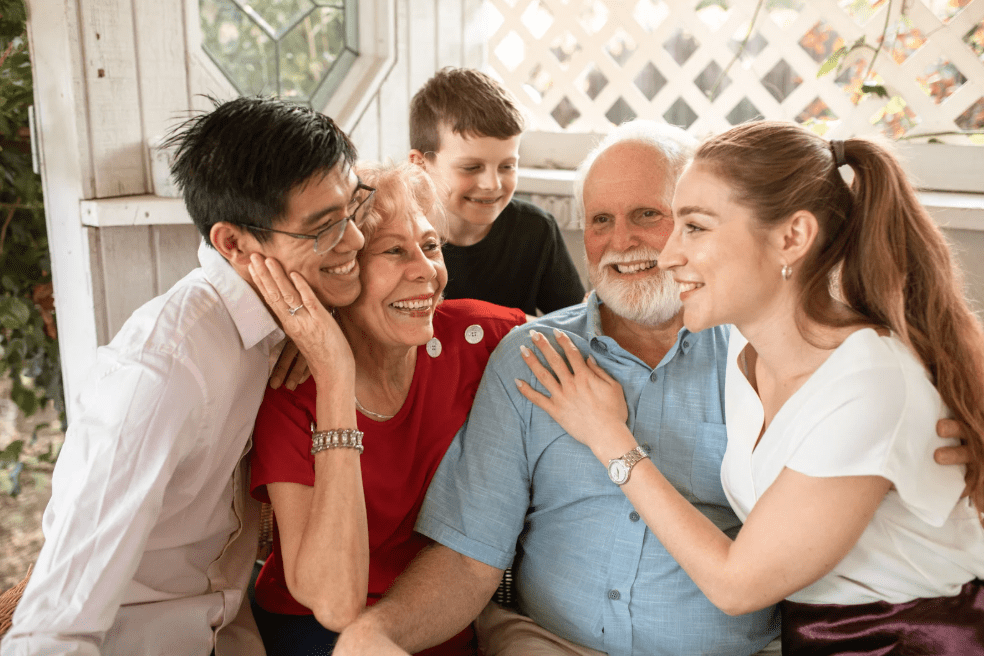
Table Of Contents
Philips CPAP Litigation Begins
In the last month, Philips, the manufacturer of various CPAP, Bi-PAP, and ASV sleep apnea machines issued a recall for them due to their link to lung cancer, leukemia, breast cancer, liver cancer, pancreatic cancer, kidney cancer and any more potentially deadly cancers.
Polyurethane sound deadening foam inside the machines has been found to disintegrate, sending toxins directly into the lungs of unsuspecting users and putting them at risk for cancer.
What CPAP/BiPAP/ASV Devices Have Been Recalled?
Philips, the company that manufacturers the devices issued a recall June 14, 2021 on several of its ventilation products:
- SystemOne Q Series
- DreamStation CPAP, Auto CPAP, BiPAP
- DreamStation GO CPAP and APAP
- Dorma 400/500 CPAP
- REMStar SE Auto CPAP
- DreamStation ASV
- DreamStation SV/AVAPS
- SystemOne ASV4
- C Series ASV, S/T, AVAPS
- OmniLab Advanced Plus In-Lab Titration Device
- E30 Continuous Ventilator
- Trilogy 100 Ventilator
- Trilogy 200 Ventilator
- Garbin Plus, Aeris, LifeVent Ventilator
- A-Series BiPAP Hybrid A30 (not marketed in the U.S.)
- A-Series BiPAP V30 Auto
- A-Series BiPAP V30 (not marketed in the U.S.)
All recalled devices were manufactured prior to April 26, 2021, and all serial numbers of these devices are included.
What Types of Cancers are Associated with Breathing Polyurethane Foam?
Several cancers are caused by inhaling gases emitted from polyurethane foam, including:
- Leukemia
- breast cancer
- lymphatic cancer
- liver cancer
- nasal cancer
- lung cancer
- non-Hodgkin’s lymphoma
- brain cancer
- multiple myeloma
- prostate cancer
- bladder cancer
- testicular cancer
- stomach cancer
- hematopoietic cancer
- papillary carcinoma and other thyroid cancers
How Many CPAP Sleep Devices Have Been Recalled?
- An estimated 2 million to 3 million Philips CPAP, Bi-PAP, and AVS breathing devices used to treat sleep apnea and other respiratory problems have been recalled. Two-thirds of those devices were sold in the United States.
What Should I Do if My Sleep Breathing Device Has Been Recalled?
- According to Philips, patients using recalled BiLevel PAP and CPAP devices should discontinue use immediately and talk to their doctors regarding safer alternatives.
- Those using life-sustaining devices should talk with their physicians to discuss the risks and determine what steps should be taken.
- In all cases, physicians and patients should discuss their individual cases to make care decisions based upon their circumstances. Philips is in the process of developing a replacement program with foam it says will be safer to use. We remain diligent in following this process.
You may be entitled to compensation
If you or a loved one has used a Philips CPAP, Bi-PAP, or ASV respirator and have been diagnosed with leukemia, breast cancer, lymphatic cancer, liver cancer, nasal cancer, lung cancer, non-Hodgkin’s lymphoma, brain cancer, multiple myeloma, prostate cancer, bladder cancer, testicular cancer, stomach cancer, hematopoietic cancer, or papillary carcinoma or other thyroid cancer, you may be entitled to compensation. If so, please call Veterans Help Group at 855-855-8992.

Veterans Help Group Serving Our Community
Veterans Help Group Serving Our Community By Bobbi Boudi, Director of Community Outreach & Amy...

How Much Back Pay Will You Receive?
What is VA Disability Back Pay? VA disability back pay is payment for benefits the veteran was...

Your Guide to VA Ratings: Sleep Apnea
Your Guide to VA Ratings: Sleep Apnea Sleep apnea can be a serious condition that may impact...





